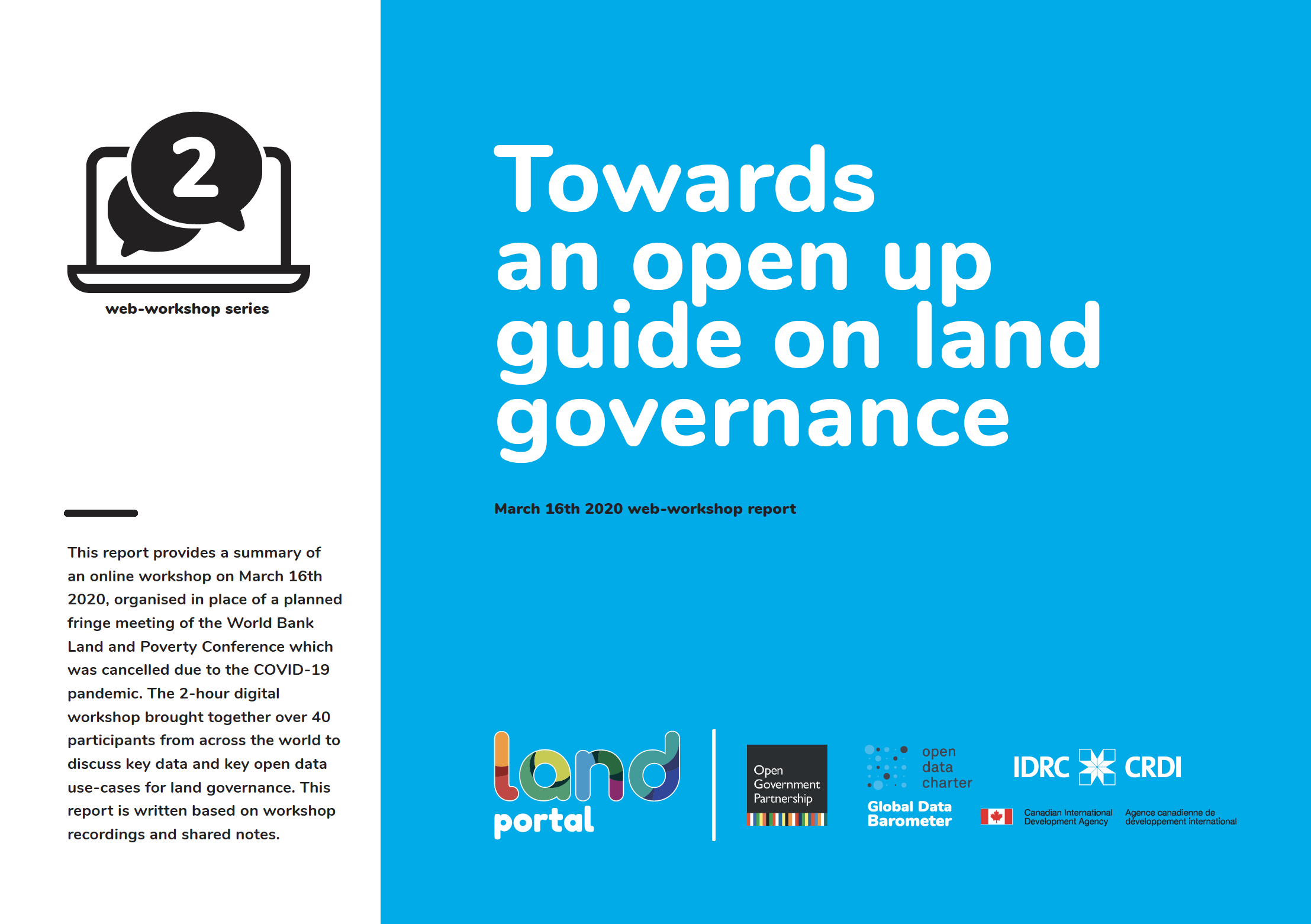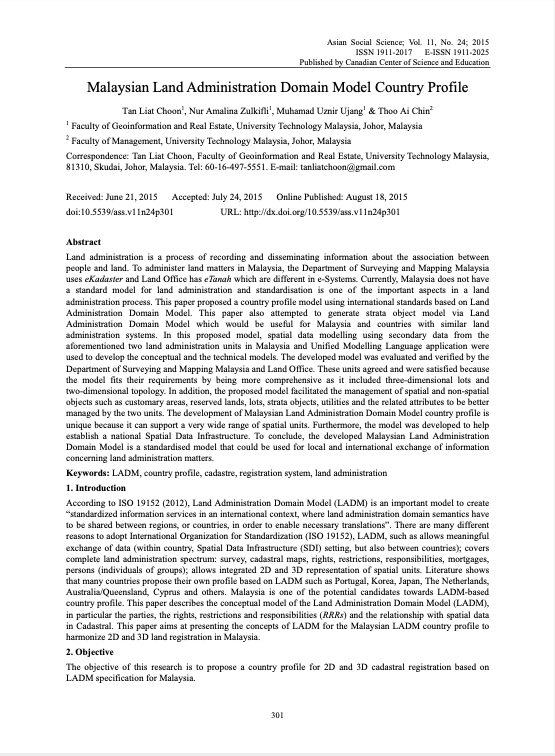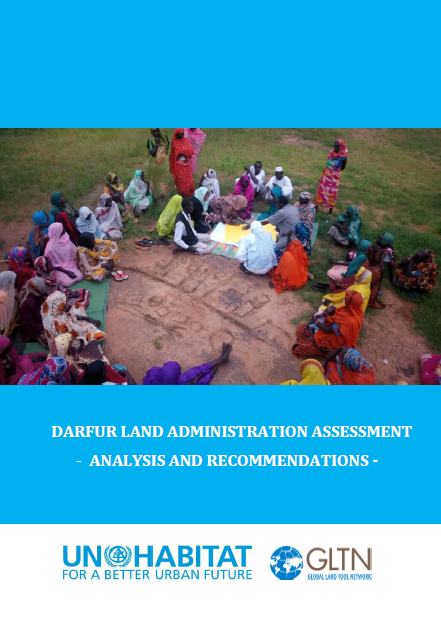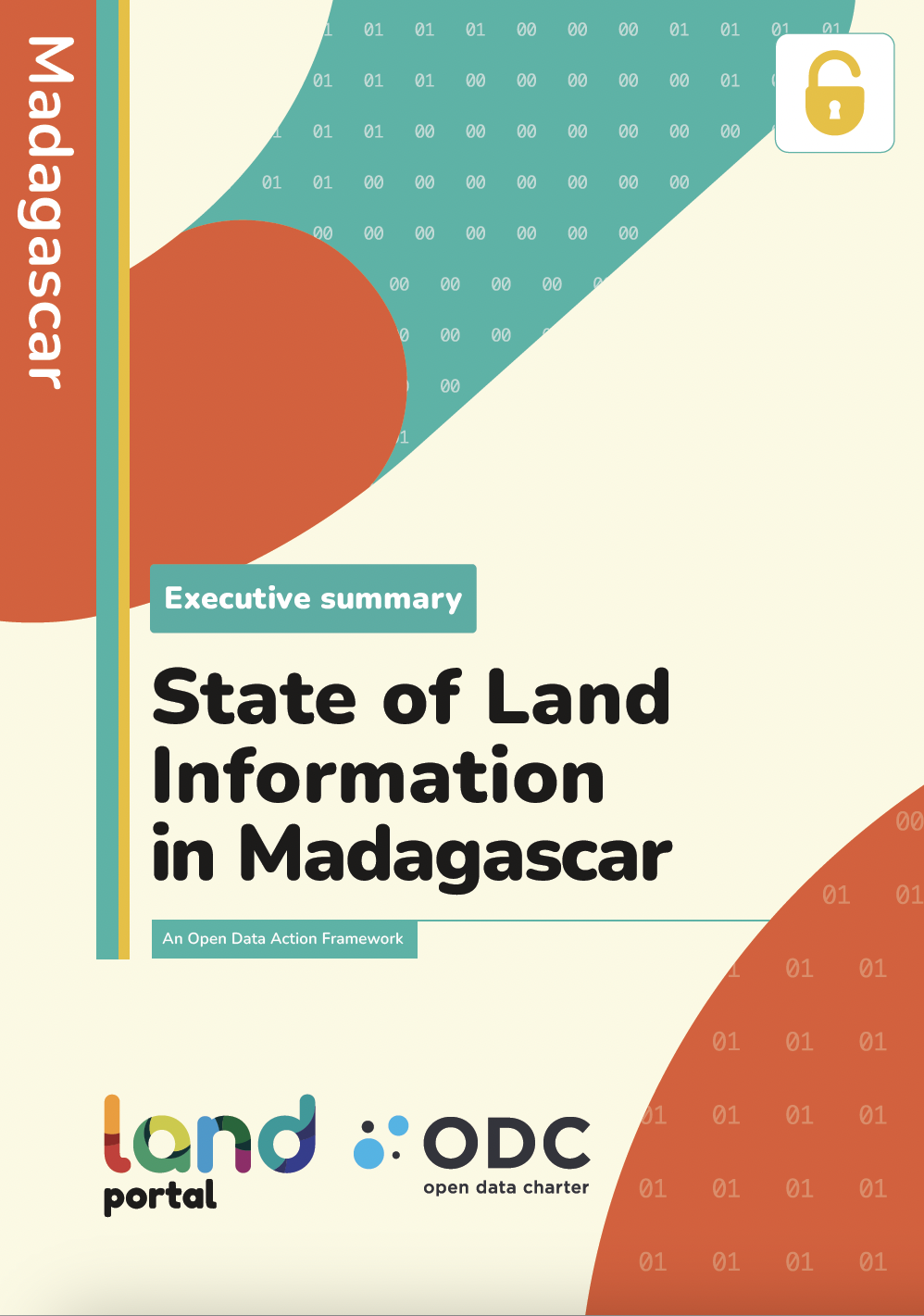Spatial Resilience of Outdoor Domestic Space in Mozambique
Historically, the people of Mozambique have faced oppression and social spatial segregation and responded in a way that has reinforced rather than dismantled their traditional values. Since pre-colonial times, the population’s strategy for escaping from environmental and foreign political disruption has been to reinvent tradition, based on the principles of resilience, resistance and self-reliance.







